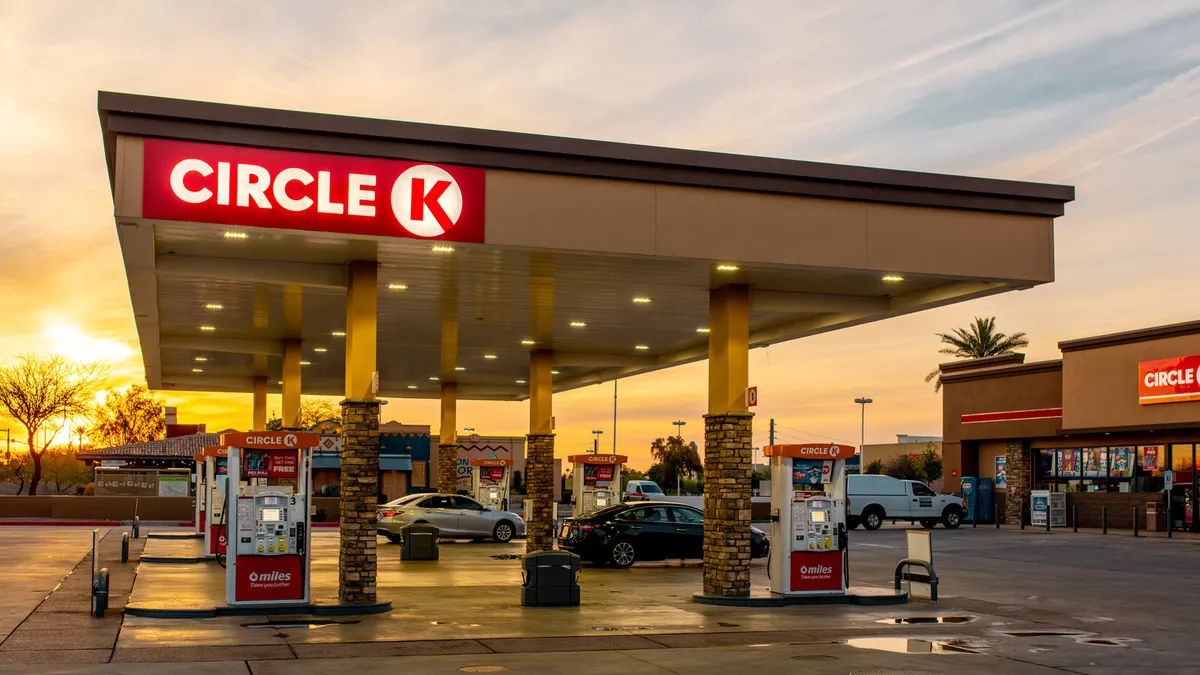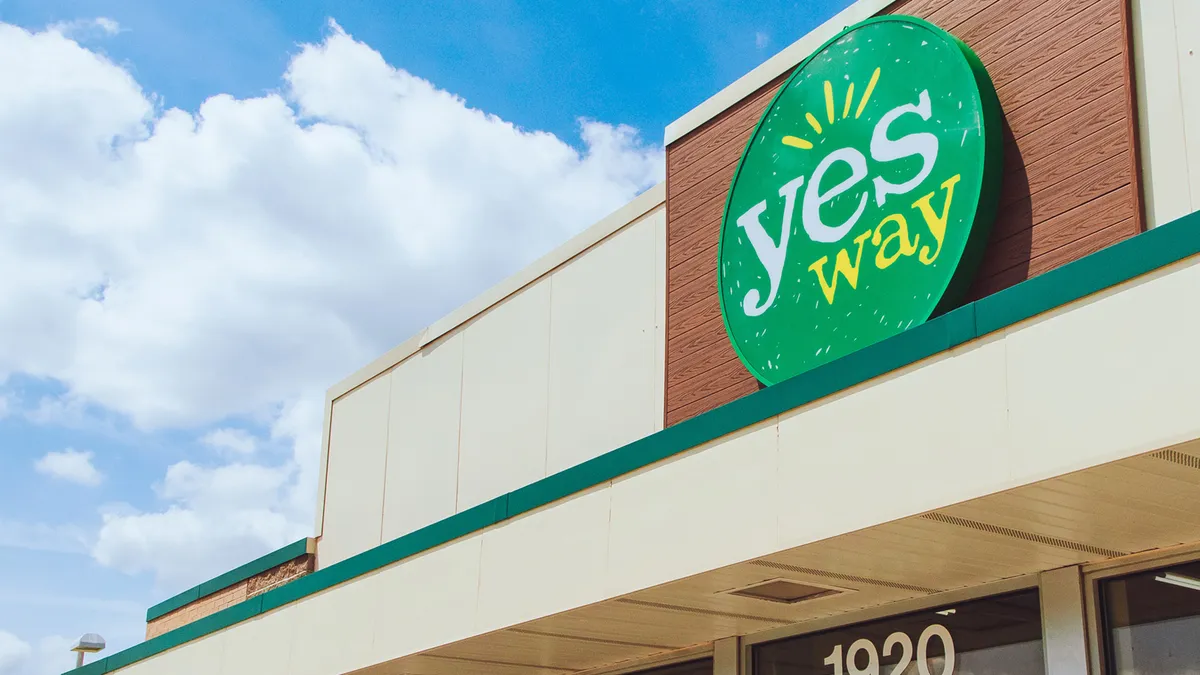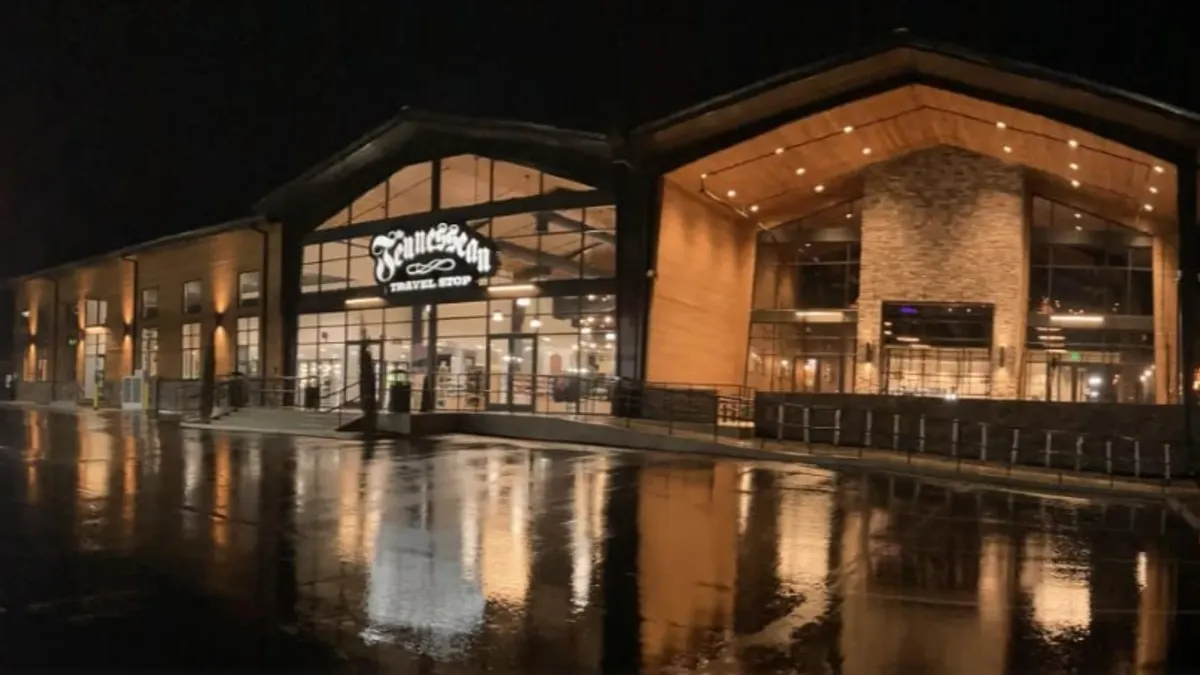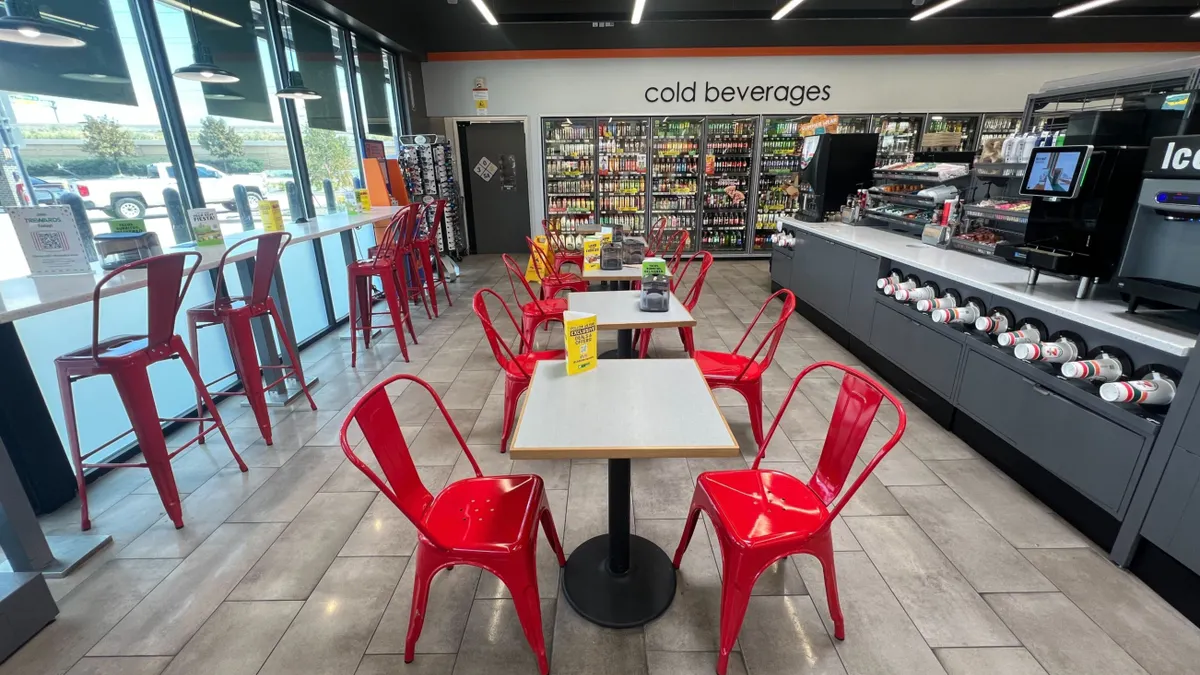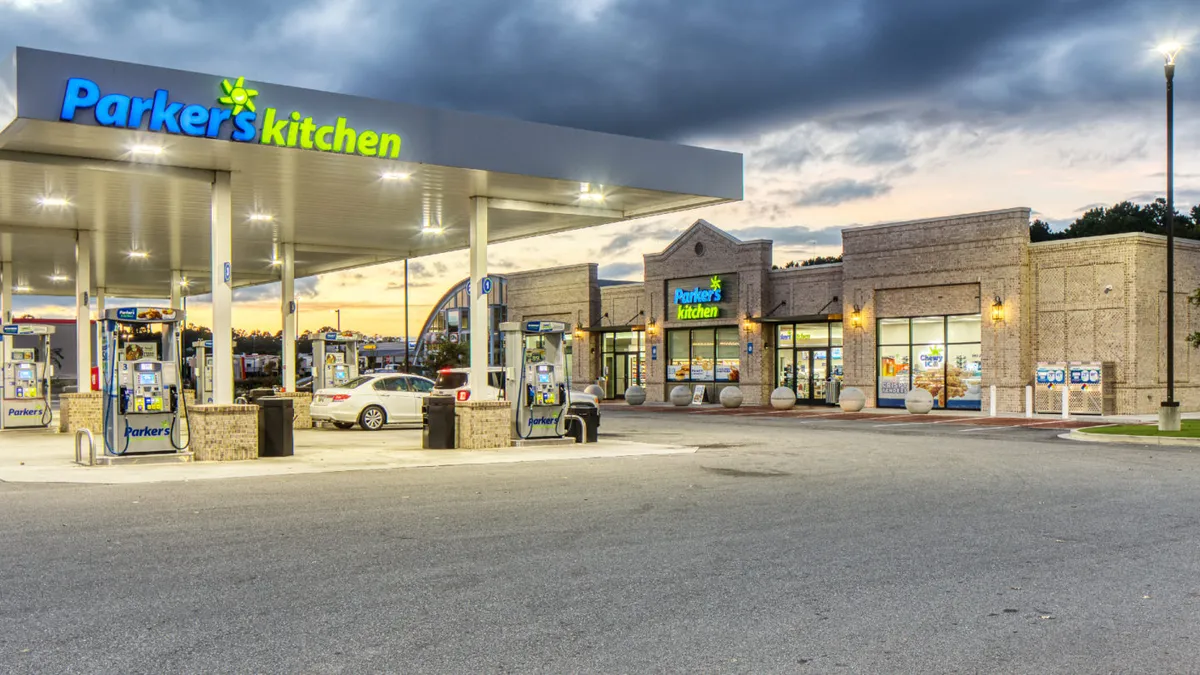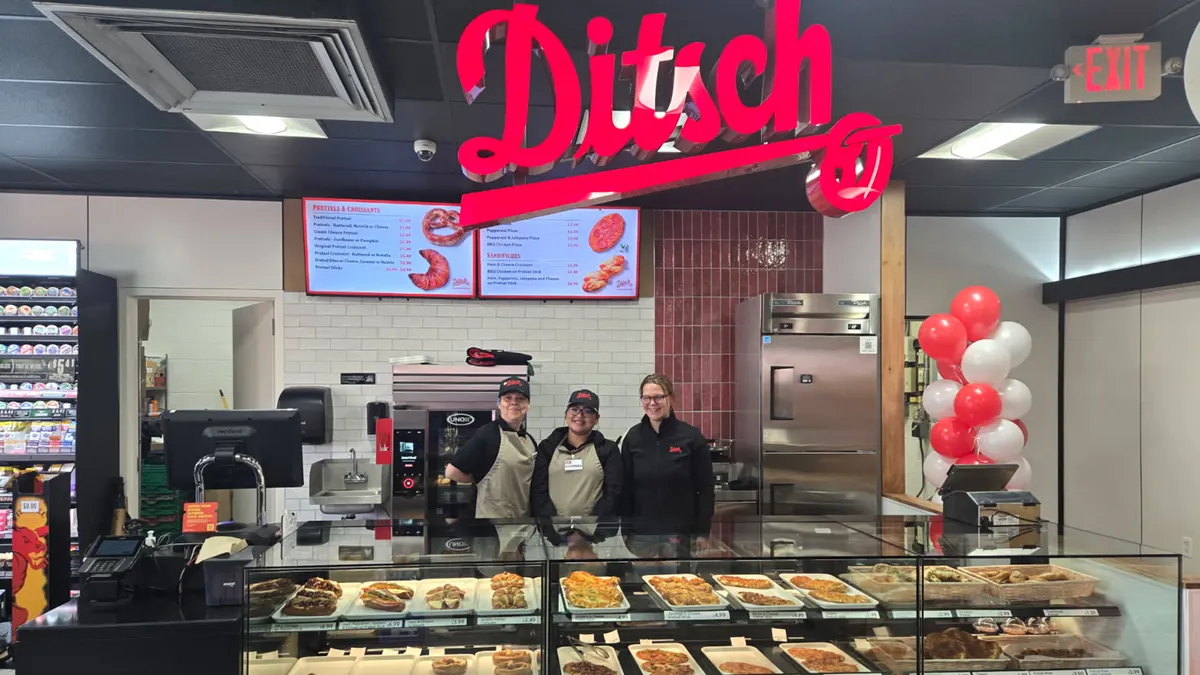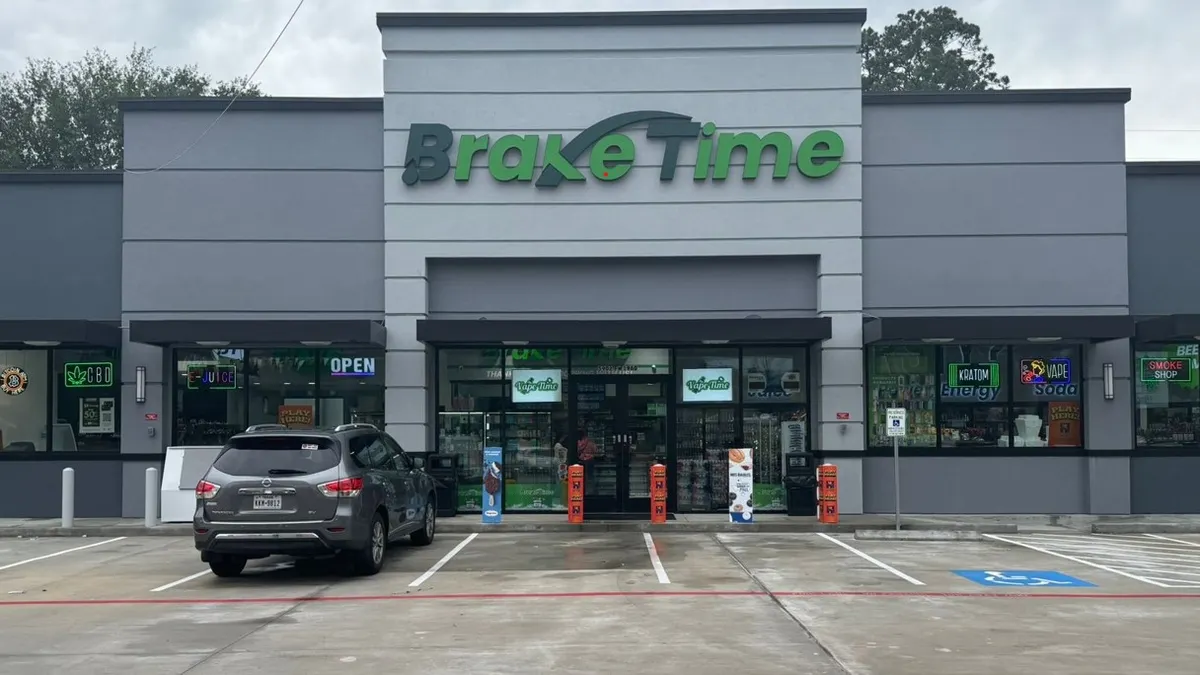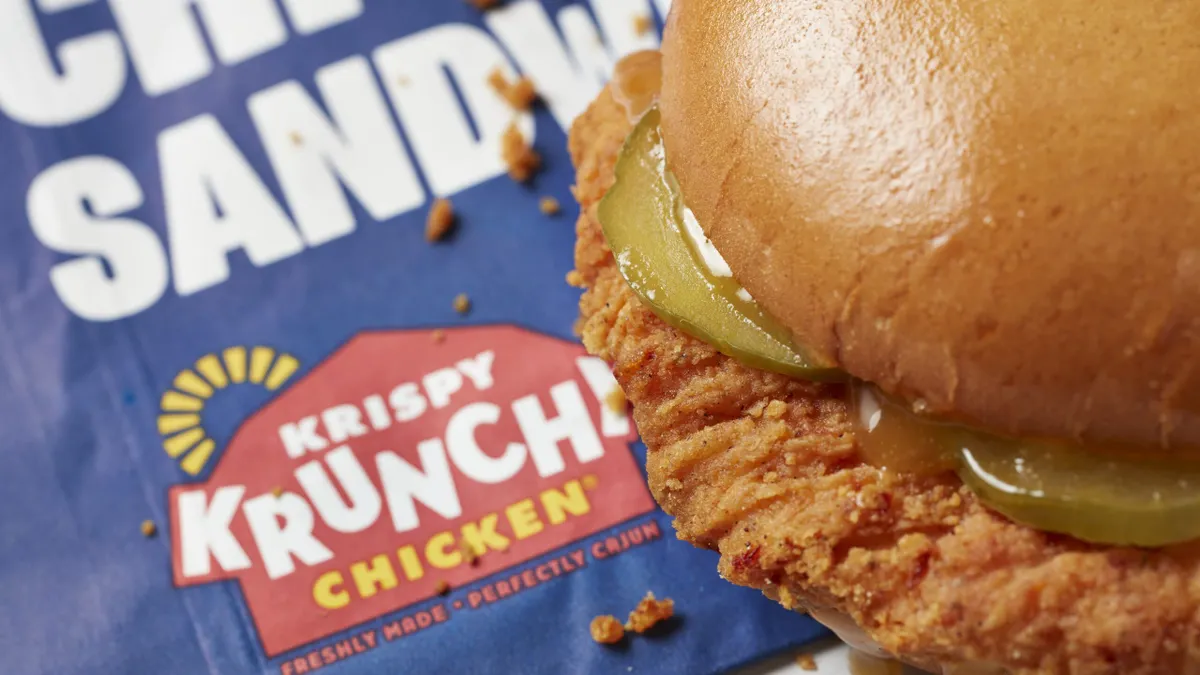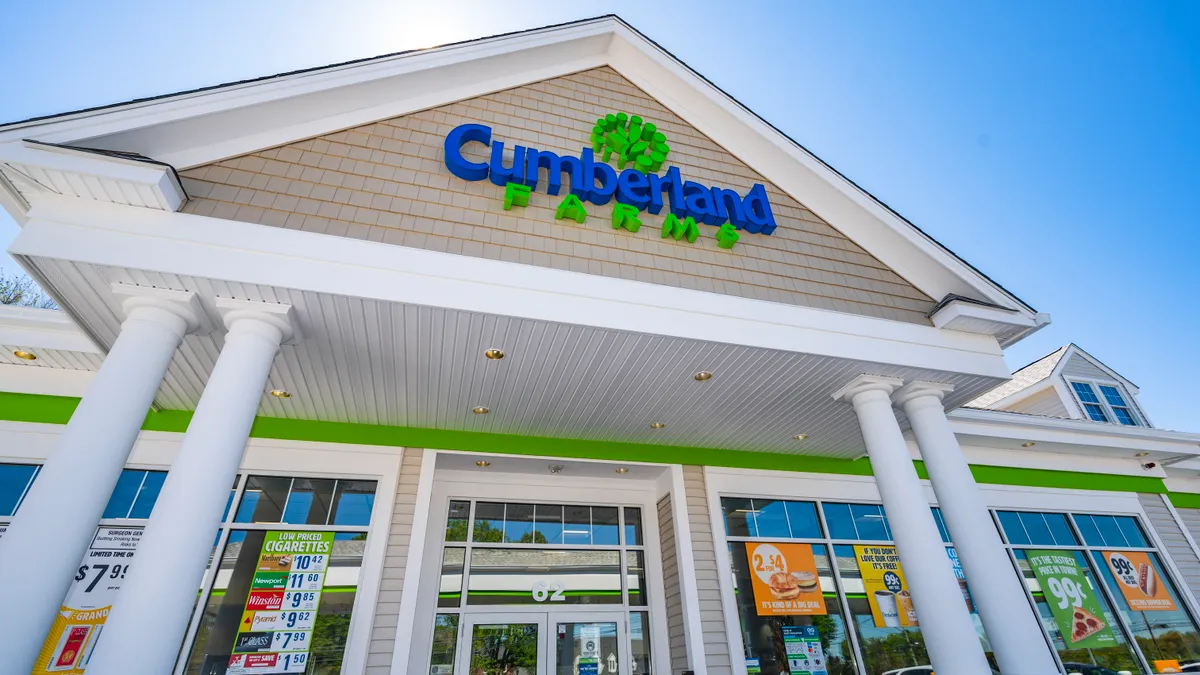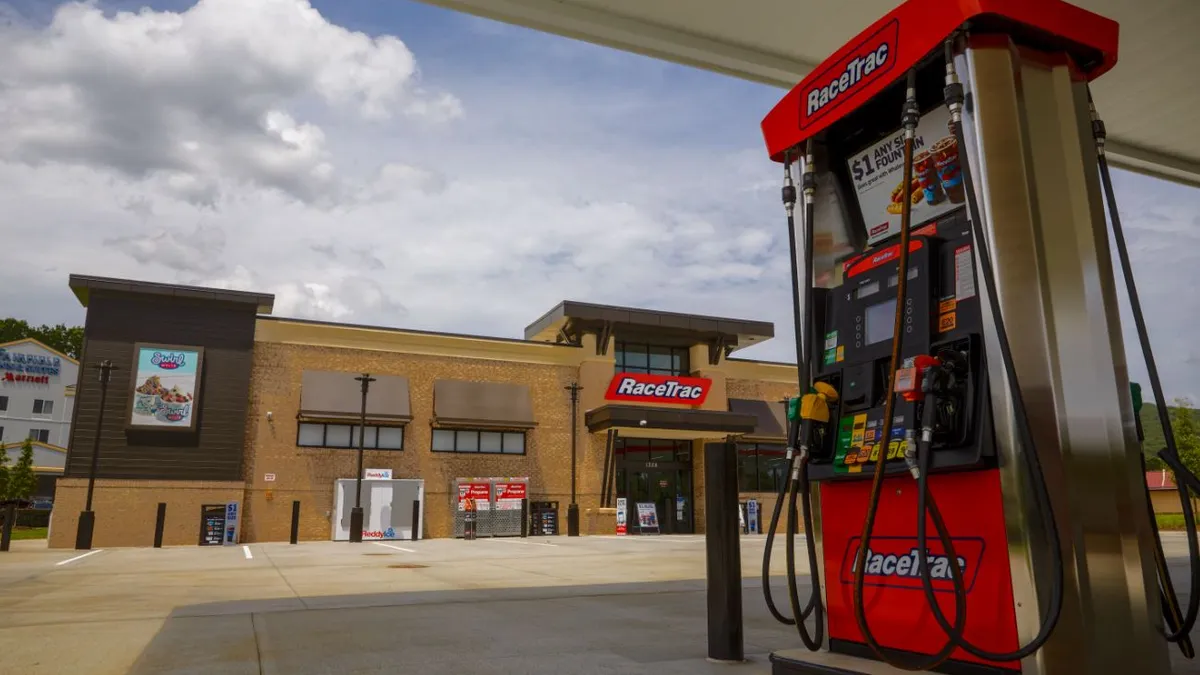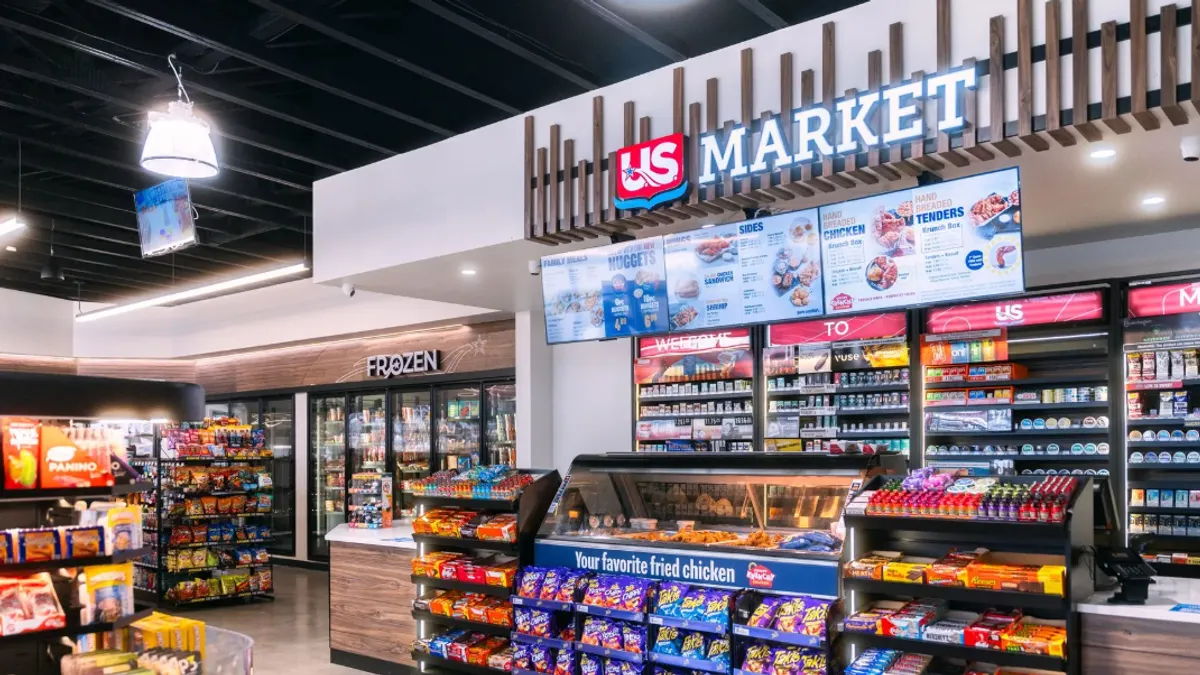Despite the economic uncertainty that continues to challenge the industry, convenience retailers are all business as usual as 2025 passes its midpoint. Mergers and acquisitions are impacting retailers large and small, while food innovation remains arguably the top growth priority across the entire industry.
But there are still several unanswered questions in the air, including whether or not inflation and supply chain hurdles will ease and how some top operators facing turning points will move forward.
Here are five things we’re waiting to see unfold through the end of 2025 in convenience retailing.
Will the Seven & i-Couche-Tard deal happen?
August 2024 was a busy time for Alimentation Couche-Tard, parent company of Circle K. On the same day it announced it agreed to buy GetGo Cafe + Market from grocer Giant Eagle, it submitted a bid for Seven & i, parent company of 7-Eleven.
Nearly a year later, the GetGo acquisition has officially closed, but the industry is still waiting on a resolution for Couche-Tard’s offer for Seven & i.
There are several hurdles standing in the way of the deal. Seven & i is in the middle of its own renewal plan for the business, which has included appointing a new CEO this summer and outlining an upcoming IPO of its North American business. Major regulatory issues also loom, starting with the thousands of overlapping stores owned by the two companies.
Couche-Tard’s President and CEO Alex Miller said during the company’s fourth-quarter earnings call that a timeline for when they can tell if a deal can get done is nearing. Experts say a final decision may be coming by the end of the year.
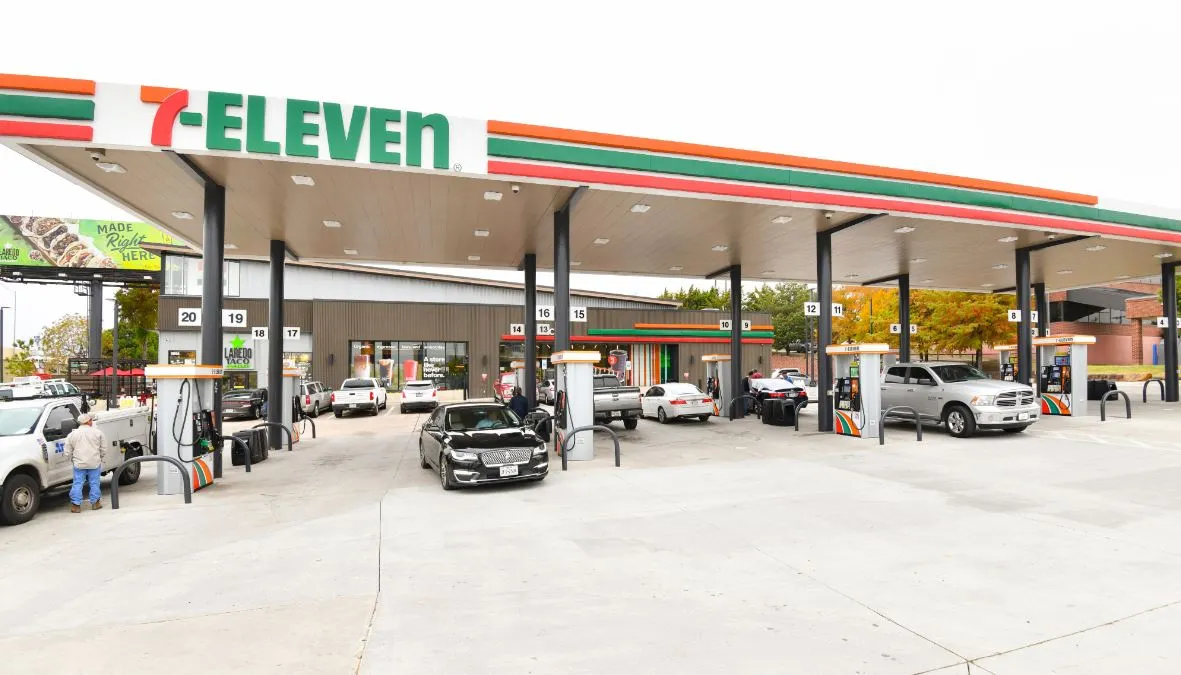
Will Yesway right its ship?
By the time Yesway turned four years old in 2019, it had surpassed 400 c-stores. The bulk of that growth came from Yesway’s 2019 acquisition of Allsup’s, a 300-location chain with stores across New Mexico, Texas and Oklahoma. Yesway hit about $1.5 billion in total revenue in 2020, smashing the $561 million the retailer garnered the year before. The company’s rapid growth climaxed in late 2021 when leadership filed with the Securities and Exchange Commission to take Yesway public.
But Yesway unexpectedly axed its IPO plans in late 2022. CEO Tom Trkla told C-Store Dive in March 2023 that the IPO was halted because of market volatility and that Yesway intended to refile with the SEC later that year. That still hasn’t happened.
Since halting its IPO plans, Yesway has barely grown its c-store network, lost some of its top executives to competitors, seemingly scrapped its small-format Allsup’s Express model and revealed forthcoming exits from two markets.
The company said its stores in Iowa and Kansas, as well as some of its Allsup’s Express locations, don’t match its overall strategy. Meanwhile, a source close to the situation said that Yesway is in the midst of an internal retrenchment strategy.
Whether or not Yesway can rebound and reach its ambitious store growth goals will be worth monitoring. If it can’t bounce back, we may soon see another mid-size c-store competitor leaving the industry.
What will Sunoco do with Parkland’s c-stores?
Parkland Corp.’s shareholders approved the company’s $9.1 billion sale to oil and energy firm Sunoco in late June. This marked the end of a tumultuous few years for Parkland, which endured long-term underperformance on both the fuel and c-store fronts, culminating in a board takeover bid from its largest shareholder and the CEO announcing his resignation earlier this year.
But over two months since the deal was first announced, it’s still unclear what Sunoco plans to do with Parkland’s convenience store network. As of March, that included 645 sites in the U.S., about 200 of which Parkland directly operates. There are also more than 2,300 sites in Canada, 800 of which are company operated.
Sunoco, which sold many of its c-store assets to 7-Eleven in 2024, only had about 76 company-operated c-stores in its network as of February. When the Parkland buyout closes, Sunoco will have over a thousand more across North America, and experts outlined several potential scenarios based on whether the company keeps or sells these locations.
For instance, Sunoco could keep the stores but turn them to dealer locations — something Arko and Global Partners are currently doing — to reduce operating expenses and not have to worry about daily operations. Or Sunoco could divest at least a portion of the stores as it focuses more on its fuel business.
“I know the real estate brokers are right now probably frothing at the mouth,” c-store consultant Julie Jackson said in an interview earlier this summer.
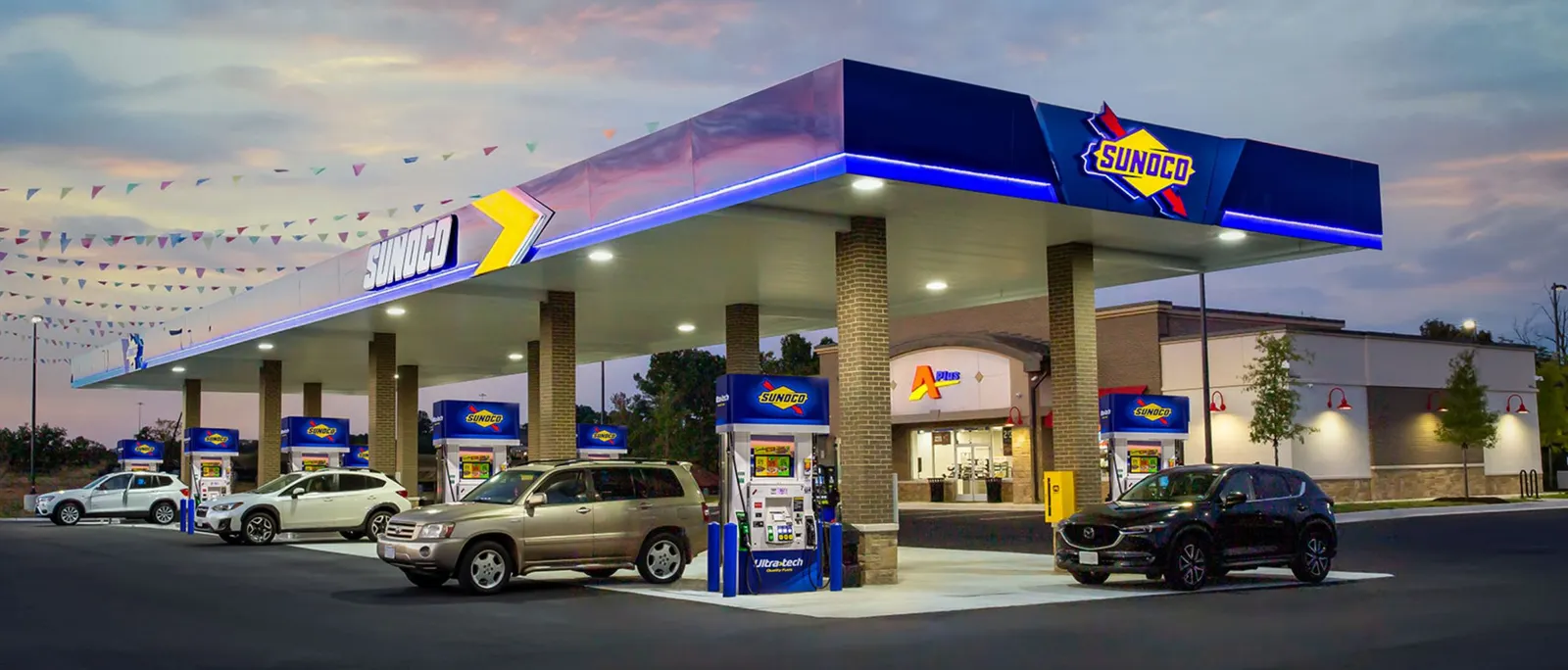
Will c-stores be able to hold prices down?
Inflation has been putting pressure on both retailers and customers for the past few years. Price increases led to a plateau in c-store visits in 2024 and pushed some c-store operators out of business entirely.
Companies are trying to maintain a balance between keeping prices down and maintaining high-enough margins to keep the business healthy. Last year, 7-Eleven shared with investors that it tried to absorb more price increases but ended up largely reversing course after a quarter.
Add to this an uncertain tariff situation — which many retailers don’t expect a big impact from — and a recipe for higher prices appears to be taking shape.
There are some ways c-stores can offset prices, from constructing value meals to shifting to lower-cost ingredients for fresh food. But if supply chain woes or tariffs skyrocket costs, will that be enough?
How will foodservice innovation evolve?
The importance of fresh food to many convenience retailers is old news, but companies keep making headlines with fresh takes, from LTOs and other menu innovations to brand new programs and unique QSR collaborations.
The question is, how will they keep it up?
One sign that c-store retailers are serious about the future of their foodservice programs is how many of them are hiring experienced leaders to head up those operations. Jason Cooper, who was Global Partner’s head of food and beverage for years, was hired as senior director of fresh food and dispensed beverages for EG America. Sprint Mart tapped Ryan Krebs from Enmarket’s foodservice operations as its new senior director of food and beverage. Additionally, Kwik Trip appointed company veteran Ben Wilson as director of foodservice and Couche-Tard named Gary Brant vice president of North America foodservice and QSRs.
Be it new hires, new flavors or whole new programs, the c-store foodservice scene will be center stage in the second half.



